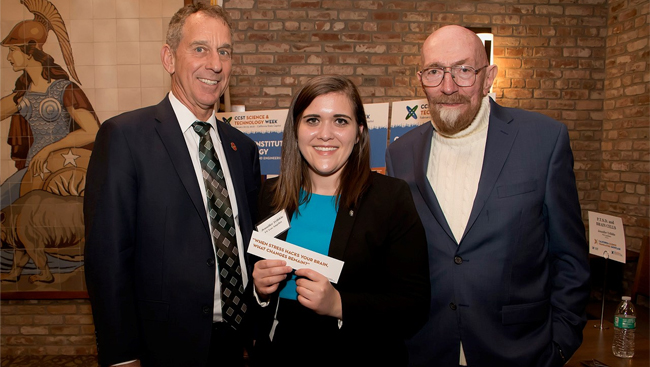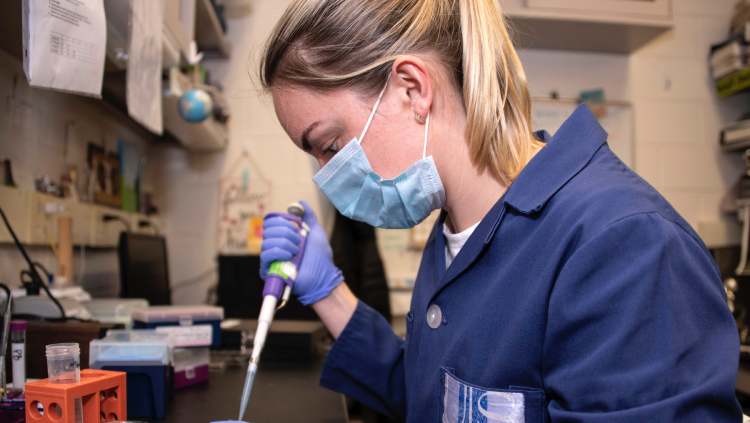
I believe science is a public good and provides a base of knowledge to improve lives. It’s why so much of science research is funded by taxpayers.
Therefore, we scientists, have a responsibility to convince the public and policymakers about the merit of our research. We cannot afford to stay silent and must communicate about our work clearly and accurately.
However, it can be easy to forget how unrelatable our work and lifestyle can be. The tools we use are unrecognizable, and we’re often kept up all night by our experiments (metaphorically and physically).
We can lose sight of how critical it is to make our world as scientists more approachable to the public.
I was first inspired to get involved in science advocacy because I wanted to bridge the gap between science and the public by making the case for the importance of our work. After all, so much of our research is outright fascinating. In the five years I have been a neuroscience graduate student at the University of California, Los Angeles (UCLA), I’ve met very few people who were disinterested in hearing about what I study. Generally, people love science, and we owe it to them to communicate about it understandably.
Here are some of my top communication tips to help you talk about your research:
- Start with the “so what.” If you don’t catch someone’s attention immediately, you will lose them for the rest of your conversation.
- Don’t ever use jargon.
- Share personal examples or analogies to make your work more relatable.
- Keep your original message clear and concise. Always err on the side of leaving room for questions rather than rambling.
My passion for science advocacy and communication has driven me to pursue a career in science policy. Through conferences and workshops — and Twitter — I found an inspiring network of science policy enthusiasts spanning the United States and all research disciplines.
At UCLA, engaging with other graduate students brought me closer to an amazing group of women, including Maria Lazaro, Zoe Guttman, and Catharine Krebs, with whom I co-founded the Science Policy Group at UCLA in 2017.
Our group brings together students across all disciplines to provide a platform for discussing science policy issues. Our group’s two major focuses are: promote diverse, multidisciplinary vantage points on these topics and encourage discussions among students, even those who don’t plan to work in science policy.
In less than a year, we have grown to nearly 200 subscribing members and have hosted numerous events, including talks with outside speakers. We are also planning a week-long advocacy training series to empower our members through the effective science advocacy skills we will teach them.
It’s important to engage in science advocacy no matter your career stage. If you’re looking for ways to get involved in science advocacy, consider the following ideas:
- If you have five minutes: Call or email your representative to thank them for supporting science or encourage them to support science in the federal budget. Also check out SfN’s Advocacy Network and other advocacy articles on Neuronline.
- If you have five hours: Schedule a meeting with your representatives at their local offices, write an op-ed for your local newspaper, or participate in a public science outreach event.
- If you have five days: Participate in SfN’s Capitol Hill Day, organize a local public forum, or give a lab tour to your representatives.
We have a responsibility as scientists to advocate for our work. And, advocacy can be fun. I challenge you to take the step today and become a science advocate.






